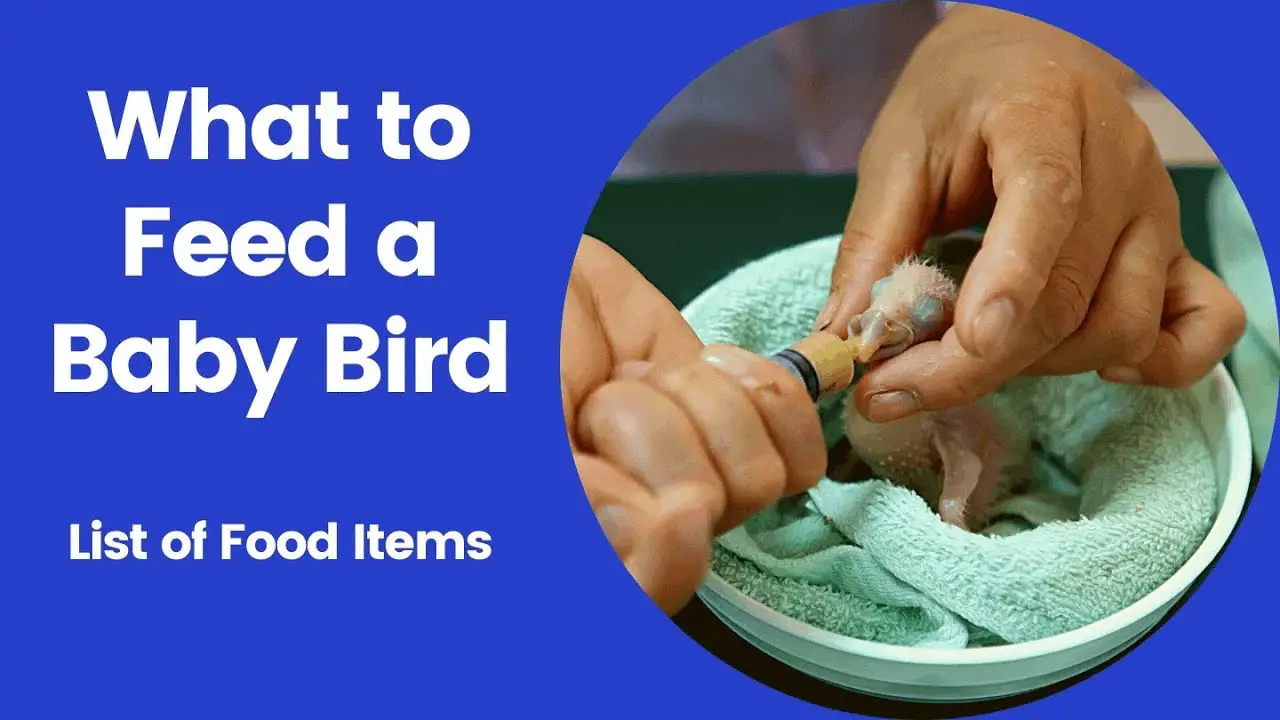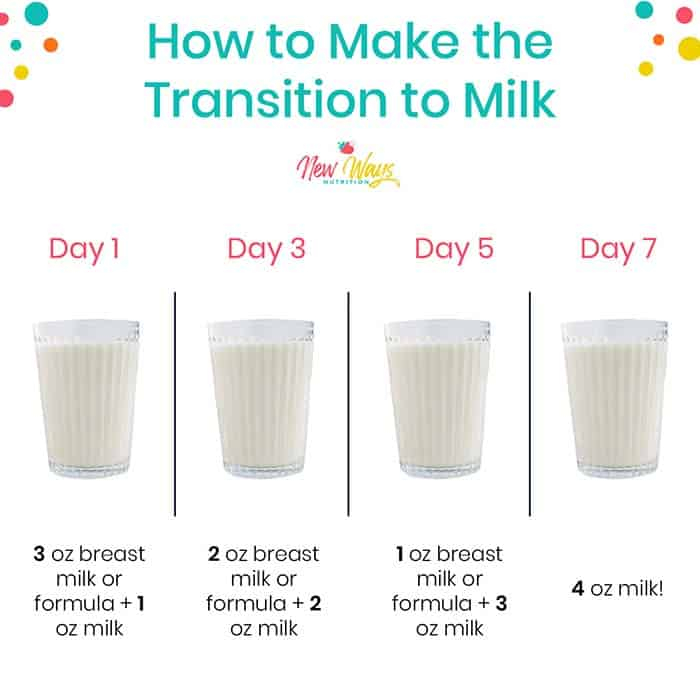What To Feed Baby Birds: A Comprehensive Guide
Are you a bird enthusiast looking to provide the best care for baby birds in your area? Knowing what to feed baby birds is crucial for their health and well-being. In this guide, we will cover all the essential information you need to ensure that these young feathered friends thrive under your care.
Knowledge
When it comes to feeding baby birds, the first and most important thing to remember is that their diet should mimic what they would eat in the wild. This means providing a balanced mix of protein, fats, and carbohydrates to support their growth and development.
One of the best options for feeding baby birds is a commercial hand-feeding formula specifically designed for their nutritional needs. These formulas come in powder form and can be easily mixed with water to create a smooth consistency that is easy for young birds to digest.
Another excellent option is feeding baby birds a mix of insects, fruits, and vegetables. Mealworms, crickets, and fruit flies are great sources of protein, while chopped fruits and vegetables provide essential vitamins and minerals.
When feeding baby birds, it is essential to use the right technique to ensure they are getting the proper nutrition and not aspirating the food. Using a syringe or a spoon with a soft tip, gently feed the birds small amounts of food at a time, allowing them to swallow before offering more.
It is crucial to feed baby birds frequently throughout the day, as they have high metabolisms and need regular nourishment to thrive. Make sure to monitor their weight gain and adjust their feeding schedule accordingly.
Conclusion
In conclusion, knowing what to feed baby birds is essential for their health and well-being. By providing a balanced diet of hand-feeding formula, insects, fruits, and vegetables, you can ensure that these young birds grow up strong and healthy.
This guide is perfect for bird enthusiasts and wildlife rehabilitators looking to provide the best care for baby birds in their care. Remember, proper nutrition is key to helping these young feathered friends thrive and eventually take flight into the wild.






